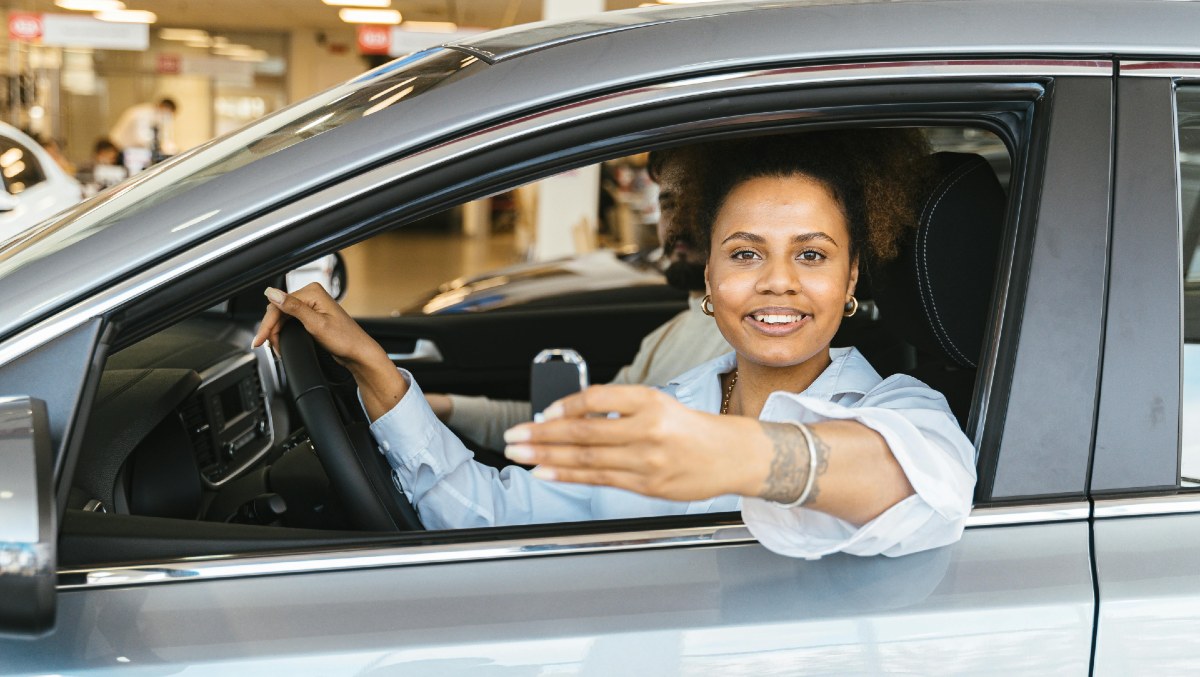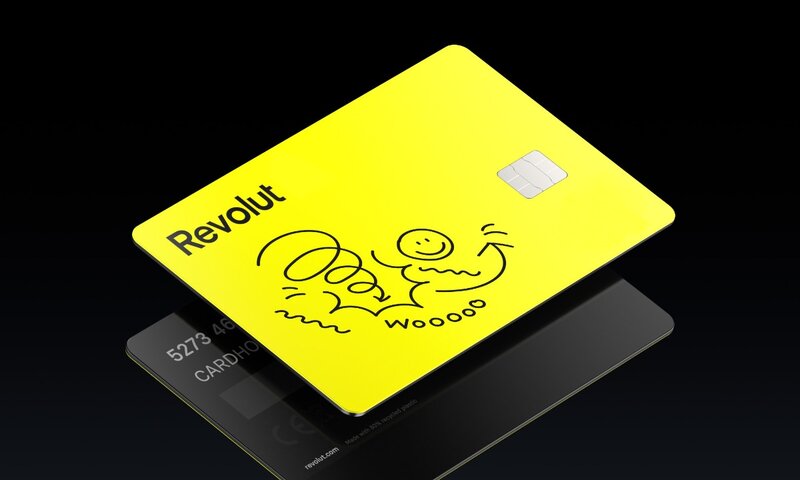If you need a loan to finance the purchase of a car, you may need to decide whether you're better off taking out a car loan or a personal loan.
Though similar, there are subtle differences between them, and one may suit your financial circumstances better than the other.
What's the difference between a car loan and a personal loan?
A personal loan is a loan you can take out when life expenses crop up, such as a renovation, a wedding, or a holiday, and you don't have the immediate cash to fund them. A car loan is a type of personal loan, specifically designed for the purchase of (you guessed it) a car.
Both personal and car loans can be either secured or unsecured. An unsecured personal loan means a borrower is not required to put up any security, such as an asset or a deposit, against the loan. Their suitability to take out such a loan is assessed solely on their credentials to pay it back.
A secured personal loan, on the other hand, means the borrower must put up an asset to secure the loan which the lender can seize and sell should there be a default on repayments. As an example, if you take out a secured personal loan to buy a car, the car will generally be used as collateral. Hence, a car loan is typically a type of secured personal loan.
Why would you use a personal loan instead of a car loan?
It's a good question, but lenders can have stringent lending criteria and restrictions surrounding car loans. Many will require you to use the car you're buying as security, meaning if you default on your repayments, the lender has the right to repossess and sell it in a bid to recoup its debts.
For this reason, many car lenders often won't let you purchase older or used cars beyond a certain age, and there is typically a longer and more detailed approval process while they assess whether the car you're buying is adequate security for the loan you're seeking.
But personal loans don't always come with such restrictions, and some may not require any collateral at all. However, for this luxury, you'll typically be subject to a higher interest rate on the loan, as unsecured loans represent a higher risk for the lender. You also don't have to specify what you're going to do with the funds of a personal loan, meaning you could feasibly borrow more than the price of a car and use any excess funds for other purchases.
Many car loans have fixed interest rates while with personal loans, there tends to be more variable-rate products. Essentially, fixed-rate loans see your repayments remain consistent for the life of the loan while with variable-rate loans, your repayments can fluctuate in line with movements in market interest rates.
Here's a selection of some of the most competitive personal loan products now available on the market:
Comparing personal loans and car loans
|
Personal loan |
Car loan |
|
|---|---|---|
|
Interest rates |
Wide ranging depending on secured/unsecured and assessment of borrower's financial credentials |
Typically lower for secured car loans Can be wide ranging for unsecured car loans depending on borrower's credit history |
|
Fixed/variable rate |
Variable or fixed rate |
Generally fixed rate |
|
Flexibility |
Generally flexible repayments |
Generally structured repayment schedule |
|
Loan terms |
Typically between 1-5 years, up to 7 years |
Typically between 1-5 years, up to 7 years |
|
Security |
Can be secured or unsecured, but security is generally not a pre-requisite |
Typically secured by the vehicle being financed |
|
Maximum loan amount |
Have capped borrowing limits |
Can typically borrow larger sum for secured car loan |
|
Deposit |
Not required |
Not usually required |
|
Fees |
Yes |
Yes |
Let's check the benefits and disadvantages of each.
Pros and cons of a car loan
Pros:
-
Often have lower interest rates than personal loans
-
Usually have fixed interest rates, providing more certainty of repayments
-
May be able to borrow a higher sum
Cons:
-
Car is security so it may be seized if you default on repayments
-
Restrictions on the car you can purchase
-
Less flexibility with repayments and extra fees may apply
Pros and cons of a personal loan
Pros:
-
Flexibility to buy whatever car you want
-
Can use leftover funds for other purchase/s
-
Great flexibility with repayments
-
If loan is unsecured, you won't automatically lose your car if you default on repayments
Cons:
-
Usually have higher interest rates than car loans
-
Lenders will place more scrutiny on your credit score and finances in the approval process
-
Loan amount may be capped
How to know which is right for you
If you're unsure whether you should get a car loan or personal loan, ask yourself these questions:
Do I know what car I want?
If you go to a lender for a car loan, they will likely want to know the details of the car you're purchasing prior to lending you the funds. They may require the make and model, the VIN number, even the colour. If you have these details, you'll have a better chance of being approved for a car loan.
If you just want the funds upfront and then go shopping for a car, a personal loan may be more your speed. However, if you want to go shopping for a car and still want a car loan, consider applying for pre-approval. This doesn't guarantee you a loan, but it does give you an idea of what the lender is prepared to loan you when you go back to it with your desired vehicle.
Is the car new or used and how old is it?
Some lenders won't let you use a car loan to purchase a used car, although others may allow the car to be up to five years old. If you want a loan to purchase a used or older car, you may have more chance of approval with a personal loan.
What's my financial situation likely to be over the course of the loan?
Car loans and personal loans typically have terms of one to five years but can be up to seven years. If you're confident you're going to have a steady income for the term of your loan and your circumstances aren't likely to change, you may consider a car loan to be better for you than a personal loan.
A car loan often has fixed repayments which can make it easier for you to budget for that period as your repayments won't change. A personal loan may be better suited if you know your situation may change, such as if you're planning to add to the family or buy a home.
Personal loans are generally more flexible, so you could make higher repayments for one or two years and then revert to the minimum repayments when needed. Personal loans typically don't charge you for any additional payments whereas car loans often do and will penalise you for paying off your loan early.
Do I need to borrow more money than the car is being sold for?
If you're a revhead, you may be planning on making modifications to your new wheels. If you don't have the funds for this and need to borrow money, a car loan is unlikely to help you. Car loans are specifically for the purchase of the vehicle and nothing else, which is partly why the approval process is so stringent. A personal loan often isn't limited to particular purchases, meaning you can borrow more than what the vehicle costs and put a dirty subwoofer in the boot.
Savings.com.au's two cents
The personal loan vs car loan dilemma can stump many car purchasers. When you're buying a car, there is no right or wrong answer as to which is the best. It entirely depends on your circumstances and needs.
If you're looking at buying a new car and prefer fixed repayments, a car loan may be the best way to go. It may also get you a lower interest rate if you put up the car as security against the loan.
But if you want to buy an older or used car or need to borrow some extra funds, a personal loan may be better for you. Be prepared to pay a higher interest rate but the trade-off is you will have more flexibility in choosing between a secured and unsecured loan and fixed and variable rates.
If your personal loan is unsecured, you won't automatically lose your car if you're unable to make your repayments, but it doesn't mean you're off the hook for paying back the debt.
First published on January 2021
Image by Antoni Shkraba Studio via Pexels






 Harrison Astbury
Harrison Astbury
 Harry O'Sullivan
Harry O'Sullivan

 Denise Raward
Denise Raward


